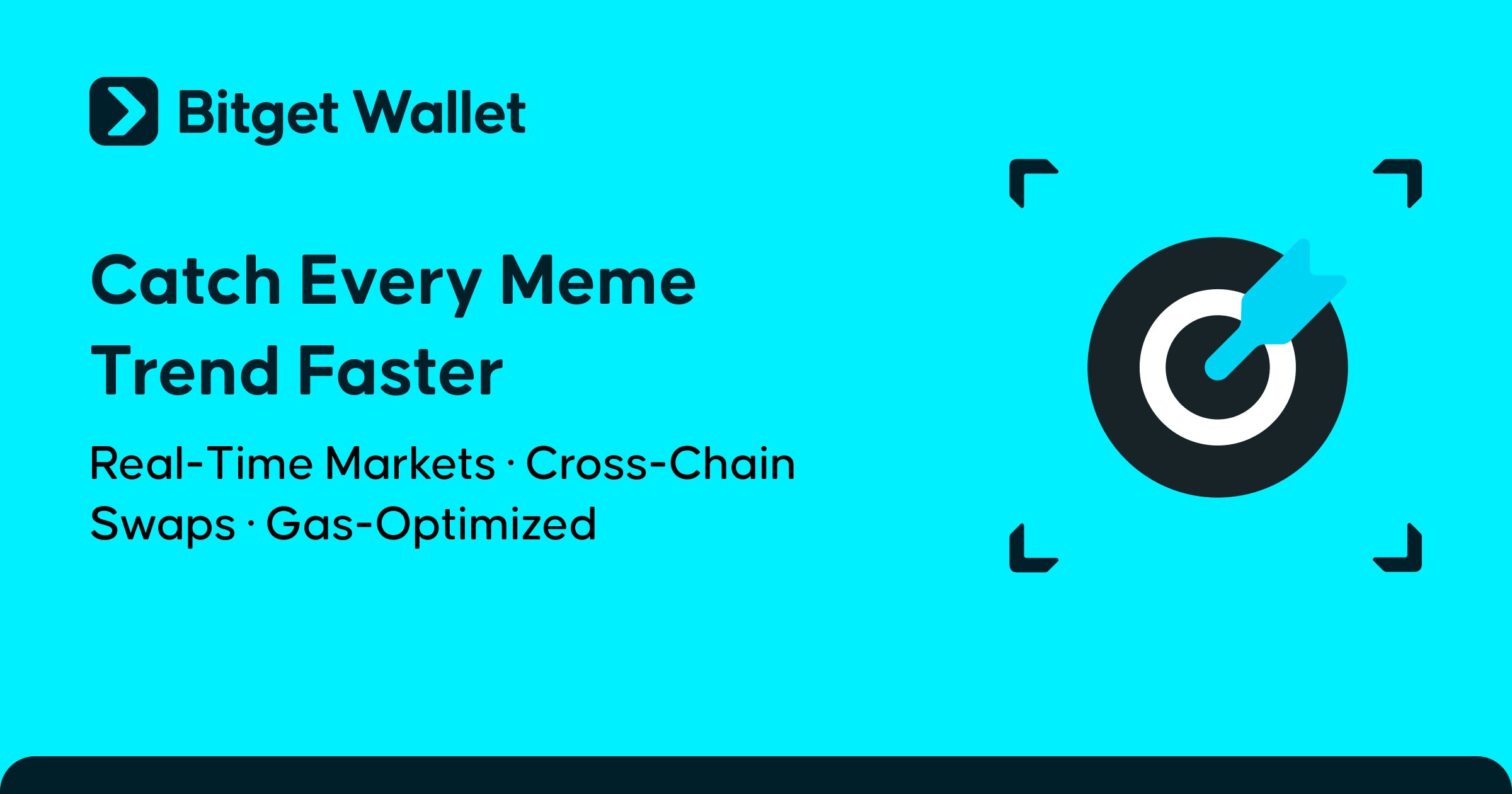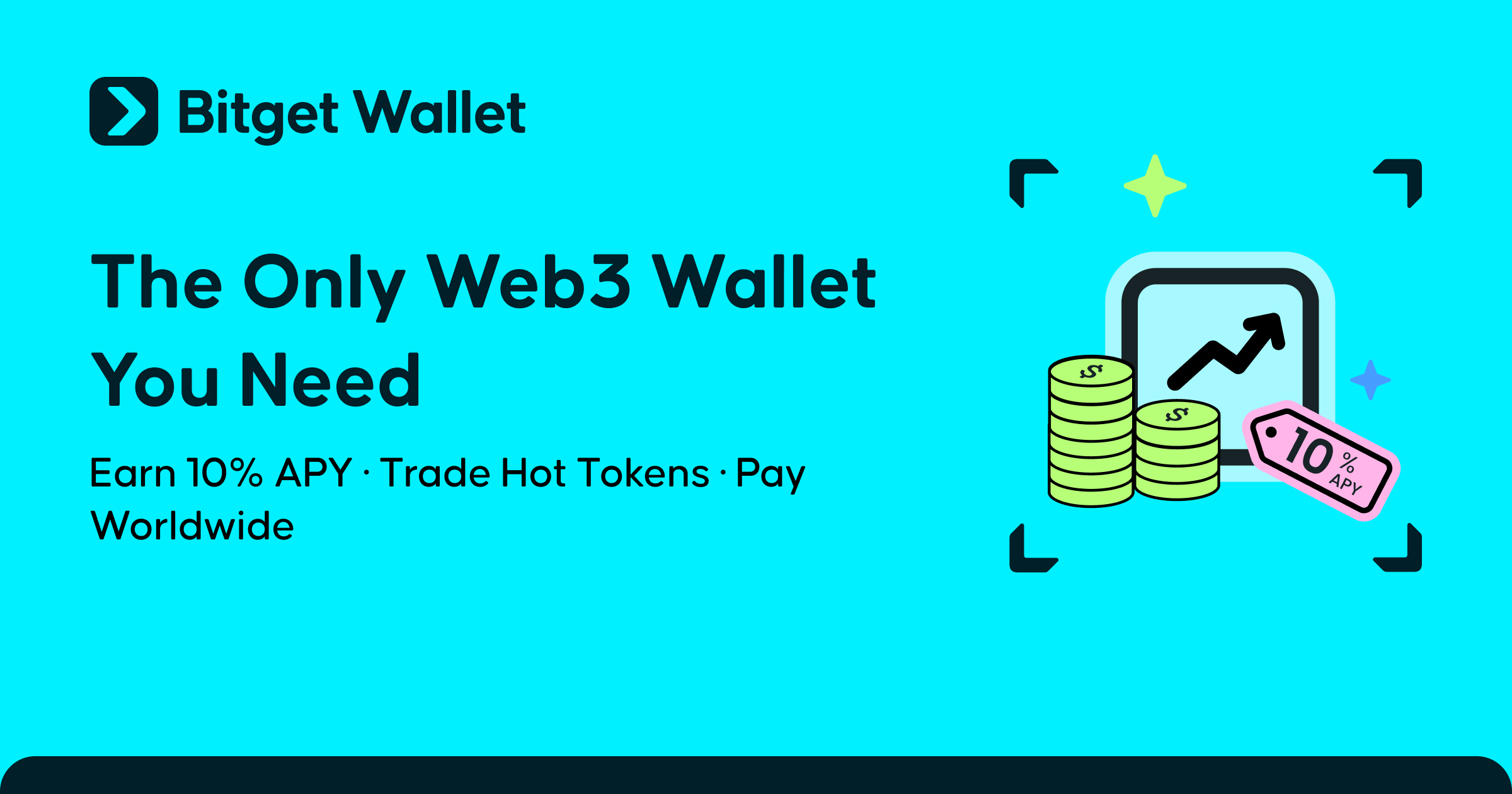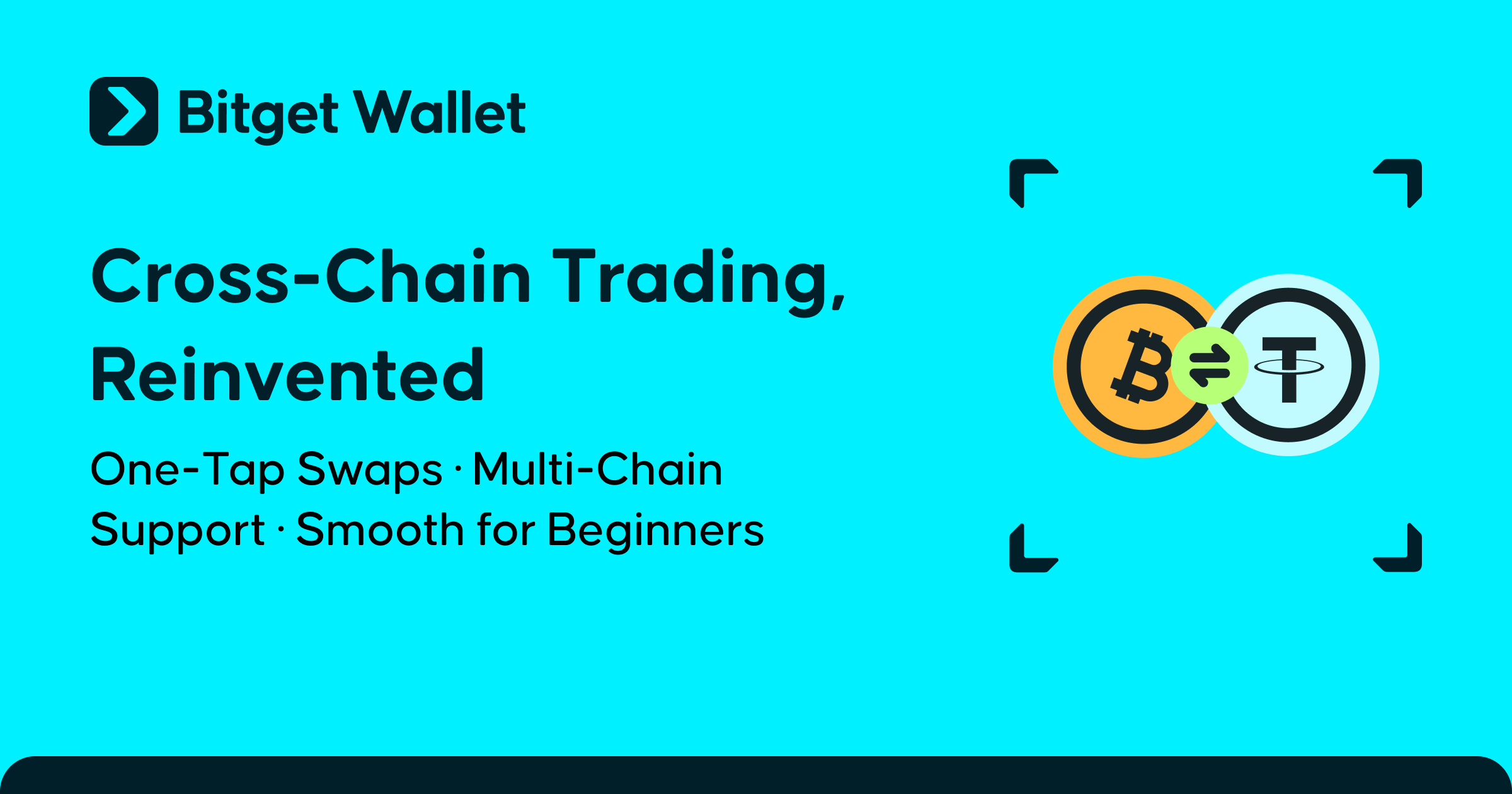What Is DeFi In Crypto and How does It Work?
What is DeFi? DeFi is becoming more popular as the world of cryptocurrency expands, but many are still left wondering what it actually means. DeFi, short for decentralized finance, leverages blockchain, the same technology behind Bitcoin, to create a more open, transparent, and accessible financial system.
DeFi, which expands Bitcoin's core concepts of decentralization and transparency to a wide range of financial activities, allows you to lend, borrow, trade, and invest without the intermediary. This article will dig further into the DeFi world, explaining how it operates, the potential benefits and risks it holds, and how you can get started.
Key Takeaways
-
DeFi uses blockchain to create a transparent, user-controlled financial system, eliminating intermediaries like banks and providing global access to financial services.
-
DeFi enables decentralized trading, lending, yield farming, and asset management through smart contracts and dApps, offering transparency, flexibility, and innovation.
-
Bitget Wallet provides a secure, easy way to manage DeFi tokens, connect to platforms like Uniswap, and simplify your investment journey.
What is Decentralized Finance (DeFi)?
Decentralized finance (DeFi) eliminates the reliance on conventional intermediaries like banks or brokers by using blockchain technology and smart contracts to establish a more open and accessible financial system. One phrase to concisely describe DeFi is a “peer-to-peer financial system”.
Aave is a good example of a DeFi platform where you can lend your crypto assets and earn interest or borrow assets with collateral. It is totally code-based, with no central authority in charge of your funds.
Why is DeFi important? The answer lies in its ability to make finance more efficient, transparent, and inclusive. It not only cuts out the middlemen but also lowers expenses, allowing anyone with an internet connection to participate in the global financial system.
Compared to CeFi (Centralized Finance), which depends on centralized institutions to facilitate transactions and thus makes your assets subject to their own rules, work hours, and fees, DeFi offers a more appealing solution by putting the power back into the hands of the users 24/7.
Key Features of DeFi
More than just a jargon, DeFi is a whole ecosystem of multiple critical components, including as decentralized exchanges (DEXs), aggregators and wallets, decentralized marketplaces, oracles, and Layer 1 blockchains on which developers construct their dApps.
But what truly sets DeFi apart are these core features:
-
Decentralized: Unlike traditional finance, where banks and institutions hold the power, DeFi operates through code. This premise means no single entity controls the system, making it more resistant to censorship and manipulation.
-
Permissionless: Anyone, anywhere in the world, can access DeFi services. You don't need approval from a bank or government. All you need is an internet connection.
-
Transparent: All transactions and code are publicly visible on the blockchain. This transparency fosters trust and accountability, as anyone can audit the system.
-
User-centric: As mentioned above, DeFi puts the user in control, meaning you manage your own assets and have the freedom to choose the services that best suit your needs.
-
Interoperable: DeFi applications are designed to work together seamlessly. Therefore, it is possible to create complex financial products and services that were not possible before.
-
Composable: Like building blocks, DeFi protocols can be combined to create new and innovative applications, thereby constantly expanding the possibilities within the ecosystem.
How does DeFi work?
The premise of DeFi’s operation is blockchain technology, similar to cryptocurrencies like Bitcoin. These blockchains function as safe and transparent ledgers that record all transactions. Instead of just documenting value transfers, DeFi employs "smart contracts" to automate more complicated financial arrangements.
People commonly interact with DeFi using dApps. These applications offer user-friendly interfaces for users to engage with smart contracts, enabling you to access a broad variety of financial services, including lending, borrowing, trading, and investing, all without the need for middlemen.
Pros and Cons of DeFi
Like any emerging technology, DeFi comes with its own set of advantages and disadvantages. Thus, it is imperative to carefully consider the following factors prior to investing in DeFi.
▶Read more: Invest in DeFi the Right Way using these 5 Indicators
| PROs |
CONs |
| Accessibility: |
Complexity: |
| Transparency: |
Security Risks: |
| Immutability: Transactions cannot be altered or reversed. |
Volatility: The value of assets can fluctuate significantly. |
| Efficiency: |
Regulation: |
| Control: |
Scalability: |
What do DeFi protocols do?
DeFi protocols are collections of rules and instructions expressed in code (smart contracts) that regulate how various DeFi applications communicate and function. They are designed to be open-source and transparent, enabling anybody to audit the code.
But what actually can you do with these protocols? Besides the obvious DeFi applications like P2P payment and crypto trading, here are other use cases of this technology:
1. Decentralized Exchanges (DEXs)
DEXs enable you to trade cryptocurrencies directly with other users rather than via a centralized exchange.
It is how DeFi increases your control over your own assets and removes the risks of a single point of failure. Popular DEX examples are Uniswap and SushiSwap.
Learn more about Uniswap (UNI) Wallet
2. Lending and borrowing platforms
These protocols allow peer-to-peer lending and borrowing, sometimes at more competitive rates than traditional banks.
You can earn interest on your crypto holdings by lending them out or borrow crypto by providing collateral. Aave and Compound are leading examples in this space.
3. Yield farming
Yield farming is deliberately shifting your cryptocurrency holdings across several DeFi protocols in order to optimize profits.
This may include lending, providing liquidity, or engaging in other reward-generating activities.
4. Prediction markets
These protocols let you speculate on the outcome of future events, such as election outcomes or market prices.
They use the wisdom of the crowd to build dynamic prediction systems. Augur is a popular example.
5. Asset management
DeFi protocols allow you to handle your cryptocurrency holdings in a decentralized manner.
This includes wallets that offer you complete control over your private keys, as well as tools for managing and evaluating your portfolio.
6. Insurance
DeFi insurance protocols protect against risks such as smart contract bugs, and hackers.
Thus, users benefit from increased security and peace of mind. Nexus Mutual is a major participant in this market.
7. DAOs (Decentralized Autonomous Organizations)
DAOs are community-governed organizations that function transparently on the blockchain.
They are utilized for a variety of purposes in DeFi, including protocol management and investment decision-making.
8. NFTs (Non-Fungible Tokens)
NFTs are unique digital assets that represent the ownership of a certain item or piece of information.
They are increasingly being employed in DeFi for purposes including collateralization and fractional ownership.
9. Tokenization
Last but not least, DeFi protocols enable the tokenization of real-world assets like real estate and commodities.
As a result, these assets can be traded and managed on the blockchain, thereby opening up new opportunities for liquidity and investment.
How to invest in DeFi tokens on Bitget Wallet?
-
Download Bitget Wallet:
First things first, head over to the App Store or Google Play and download the Bitget Wallet application. It is free, secure, and easy to use. Once you've installed it, follow the simple instructions to create your wallet. -
Fund your wallet:
After setting up your Bitget Wallet, the next step is to fund it with cryptocurrency. The application provides a straightforward way to acquire crypto directly from its interface. Alternatively, you can transfer your current digital assets from another wallet or exchange. -
Explore DeFi:
Bitget Wallet gives you access to a wide range of DeFi platforms and tokens. Browse through the app and find the DeFi projects that interest you. You can lend your crypto to earn interest, provide liquidity to trading pools, and much more. -
Start investing:
Once you've found a DeFi project you want to participate in, connect your Bitget Wallet and follow the instructions. You will be earning rewards and participating in the future of finance in no time.
Bitget Wallet is a user-friendly and secure crypto wallet that supports a diverse range of DeFi tokens and applications. It allows you to easily connect to popular DeFi platforms and manage your investments all in one place.



















